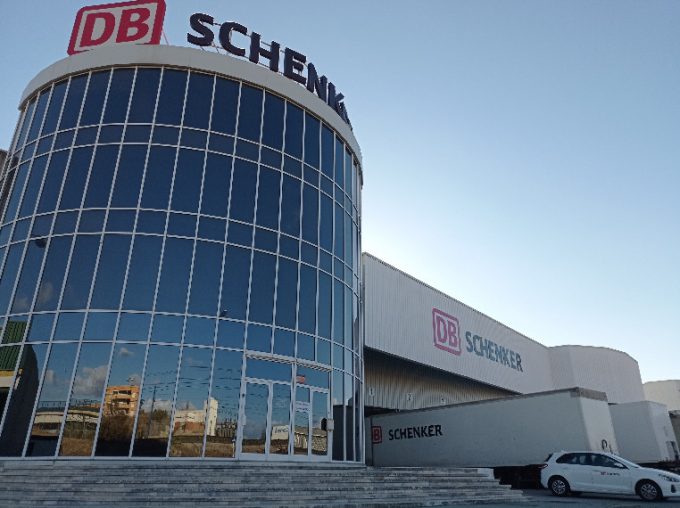Shipper's logistics arm widens its focus and invests in airfreight
Yet another forwarder has decided to invest in an airline in a bid to reinvent ...

DB Schenker has again propped up parent Deutsche Bahn’s poor half-year results, despite falling rates.
Sales at DB Schenker fell 6.6%, to €9.4bn ($10.2bn), Ebitda fell 10.2%, to €908m, while Ebit fell nearly 17%. to €520m. Schenker accounted for 42% of DB’s total sales.
DB said the ...

Comment on this article